Tag: Women
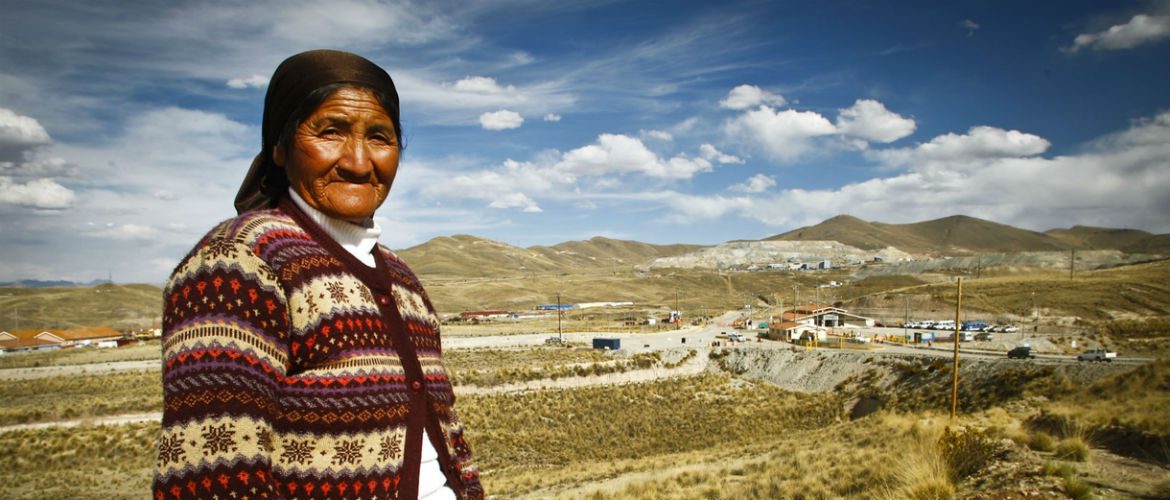
Women’s right to decide: why oil, gas, and mining companies aren’t doing enough, and how that can change
/
Oxfam’s Community Consent Index looks at the public commitments of 38 oil, gas, and mining companies in relation to women’s participation and decision-making in projects. The results are disappointing. Read more »
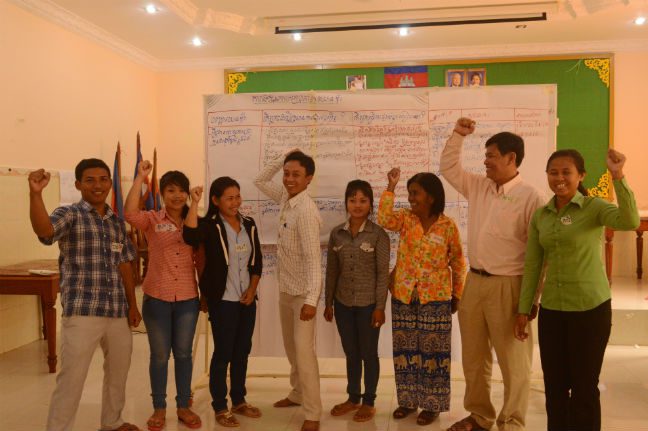
Our gender champions: a story of Sary and Polin
/
The Mekong river is a vital resource for poor and vulnerable people in the lower Mekong region, including essential water for fisheries and agriculture. Major development decisions — like dams — can affect the food security of the surrounding communities. The impacts of development on women and ethnic minorities is of particular concern. Read more »
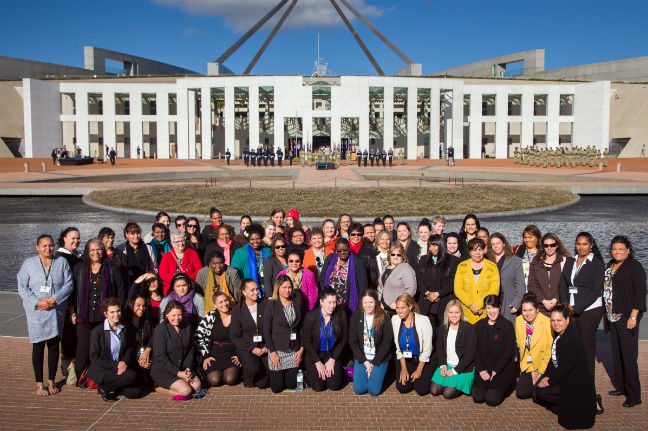
Aboriginal and Torres Strait Islander women: the right to be heard.
/
Straight Talk is an Australian program that connects Aboriginal and Torres Strait Islander women with the political system and builds the capacity of women as change makers. One such woman is Heather Shearer, an Aranda woman from Labrapuntja near Ntaria (Hermannsburg), a member of the Stolen Generation and proud mum/grandmother. Read more »
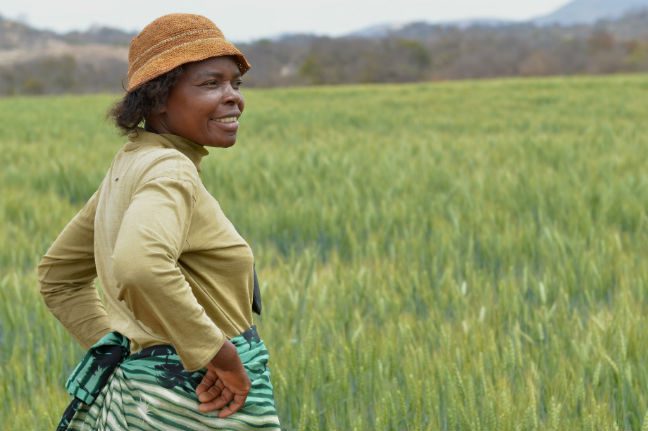
Women leading the fight against climate change
/
Climate change affects us all, but it often impacts women the hardest. In many parts of the world it tends to be women who grow the family’s food, fetch fuel and water, and bring up the children. It’s women who are most likely to be in harm’s way when disaster strikes. So when clean water becomes harder to find during a drought, or when crops are destroyed by floods, it’s often up to women like Ipaishe to find solutions. Read more »
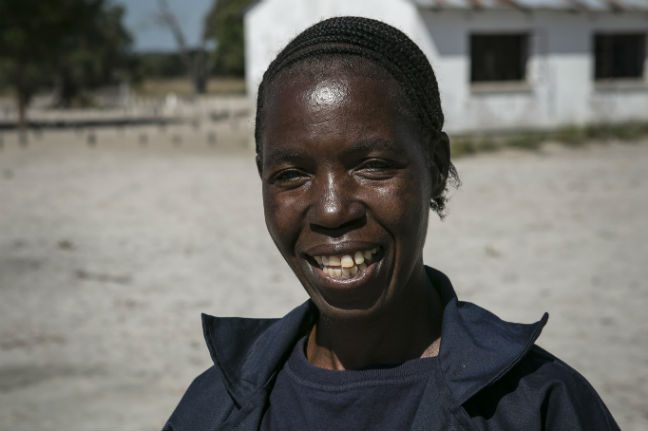
Women and Australian Aid: building a path to equality, one brick at a time.
/
Right across the globe, Australian aid is making a difference in women’s lives – to survive, to gain an education, to build a business, to lead. Right now, projects like Oxfam’s work in Zambia, which empowers women and builds their economic independence, are under threat because of the largest planned cuts to Australian aid in history. This International Women’s Day, call on the Australian Government to keep supporting those women by supporting Australian aid. Read more »
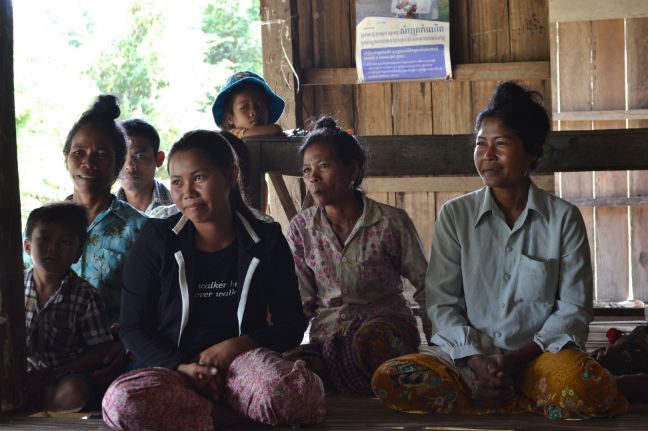
Women’s Voice for Change: Empowering young women to influence decision makers
/
Nari is 24 and participates in a local Cambodian program called “Women Talk on Air” — a program that aims to build capacity and empower women to speak their minds to community leaders and decision-makers. She discusses her concerns around hydropower dam construction and the potential impact on an entire community. Read more »
Afghan women risk losing hard-earned rights
/
Afghan women risk losing their hard-earned rights after being excluded from Afghanistan’s peace negotiations with the Taliban. The new report released this week, “Behind Closed Doors,” discusses the risk of denying women a voice in determining Afghanistan’s future. Read more »
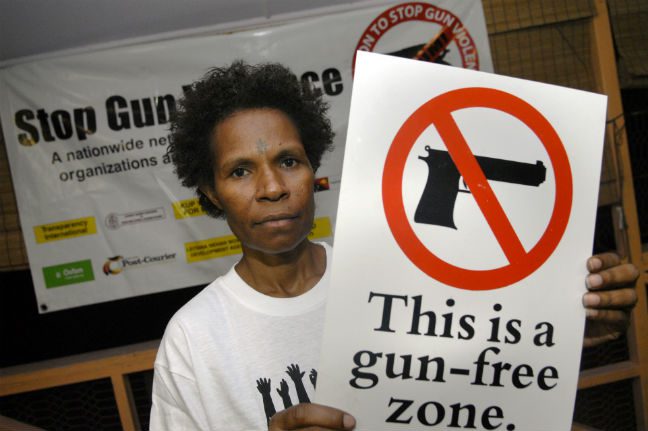
Gender, arms and security in the Pacific
/
Today marks 16 days of activism against gender-based violence. The new report “Arms, Security and Gender in the Pacific” by Pacific Small Arms Action Group, makes eight key policy recommendations to help Pacific Island governments effectively integrate gender into policy and practice on arms and security. Read more »
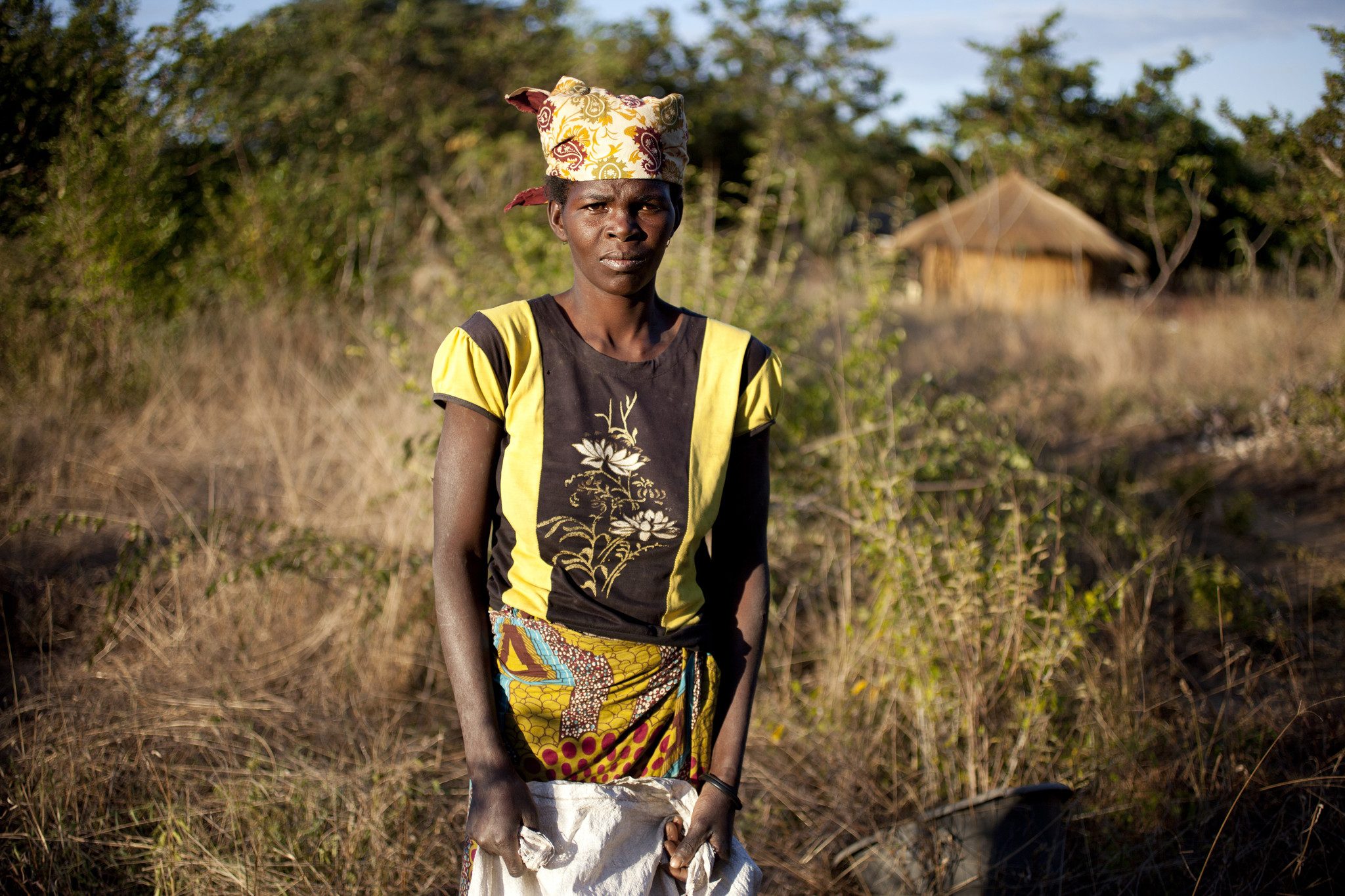
Grow a garden in the desert
/
In this video, we meet Tereza and her family in Mozambique. When food runs low, Tereza turns to burning charcoal and selling it by the side of the road as a source of income. Despite the labour and hard work, it’s difficult to provide the food they need — as well as clothing and a means to an education. Find out how you can change this. Read more »
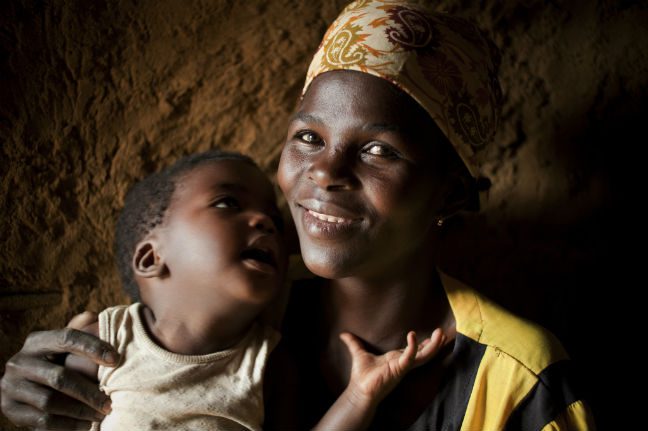
Help Tereza grow a garden to feed her children
/
In Mozambique, families depend mostly on crops for survival. Besides growing food to consume at home, the produce is a valuable source of income. But in a country recognised as one of the most disaster prone countries in the world, regular drought can mean severe hunger for entire communities. Read more »